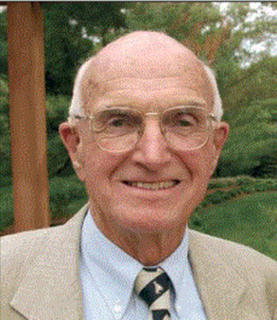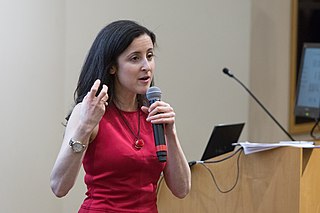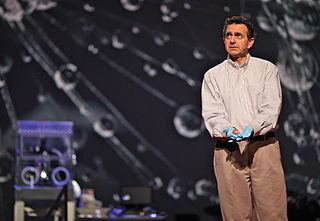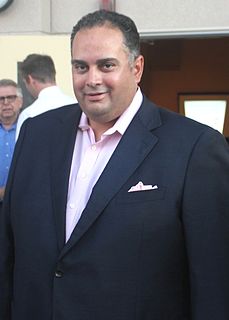A Quote by Joseph Murray
Post-operatively the transplanted kidney functioned immediately with a dramatic improvement in the patient's renal and cardiopulmonary status. This spectacular success was a clear demonstration that organ transplantation could be life-saving.
Related Quotes
There is a risk of death associated with donating a piece of liver. It's about one in 500 for the risk of death. The risk of death of donating a kidney is about one in 3000, so this is a riskier operation than donating a kidney. The stakes are usually higher for the recipient of the transplant because unlike kidney failure, where you have a dialysis machine, in liver failure we don't have that kind of machine that allows a patient to survive until they can get a cadaver organ.
As a child, I had no interest in science whatsoever - then I started writing and recognized how relevant it was. My first book about science and medicine captured the world of organ transplantation in 1989 from the points of view of all of the participants - scientists, surgeons, social workers, organ recipients and even donor families.
Earthly families all look different. And while we do the best we can to create strong traditional families, membership in the family of God is not contingent upon any kind of status - marital status, parental status, financial status, social status, or even the kind of status we post on social media.
It is probably no exaggeration to suppose that in order to improve such an organ as the eye at all, it must be improved in ten different ways at once. And the improbability of any complex organ being produced and brought to perfection in any such way is an improbability of the same kind and degree as that of producing a poem or a mathematical demonstration by throwing letters at random on a table.


































